Hospital Refrigerator Temperature Monitoring
If you are looking for hospital refrigerator temperature monitoring solutions that help you and your team eliminate manual logging, improve compliance readiness, and protect all your temperature-sensitive assets, you’ve arrived at the right place.

Let us help you evaluate your needs!
- Safety: Alerts to protect assets
- Compliance: Automated reports
- Efficiency: Reduced Manual Logging
And what makes us different?
- Lifetime Warranty: Never buy hardware again!
- Unlimited Users: Scale across your entire org
- Connectivity Flexibility: Wi-Fi, Cellular or Data Hub
- Phone call alarms: Alerts won't get ignored
- Mobile App: 500 Freezers in your pocket
All American made and supported!
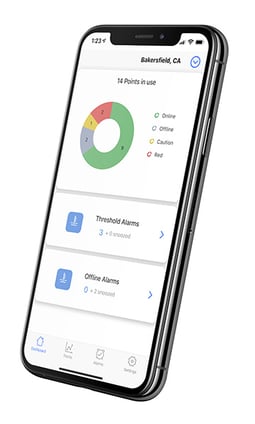
See What Customers Say About Sonicu
Asset Protection. Compliance Automation. And Reduced Manual Processes.
Sonicu serves thousands of professionals at hundreds of organizations across North America by improving how they monitor and manage their most sensitive assets and environments.
Professionals from healthcare, life science, laboratory and cold chain facility management turn to Sonicu to help them improve the way they do business.
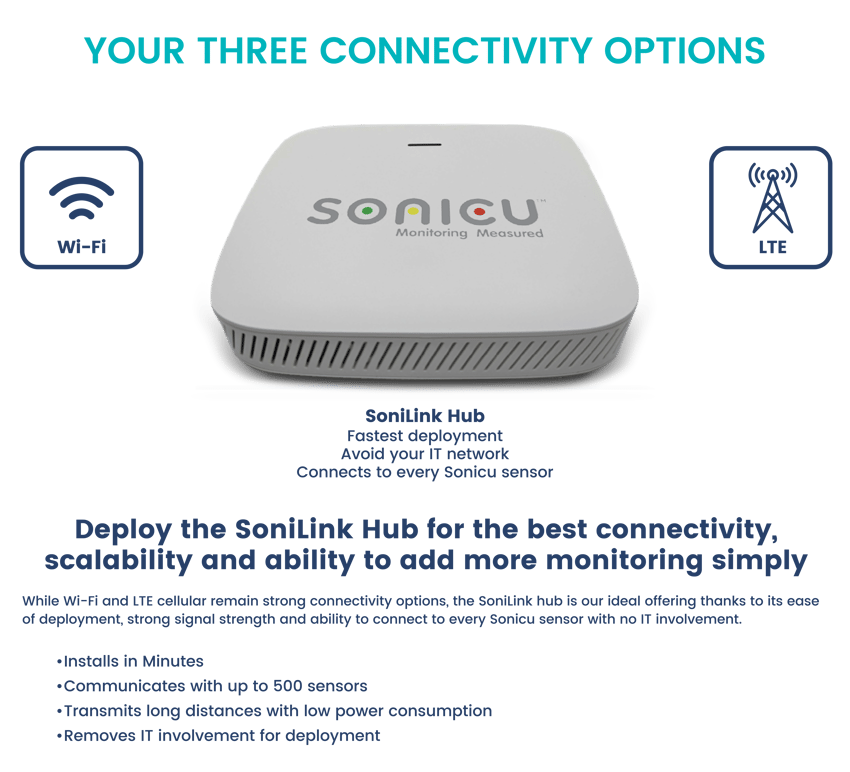
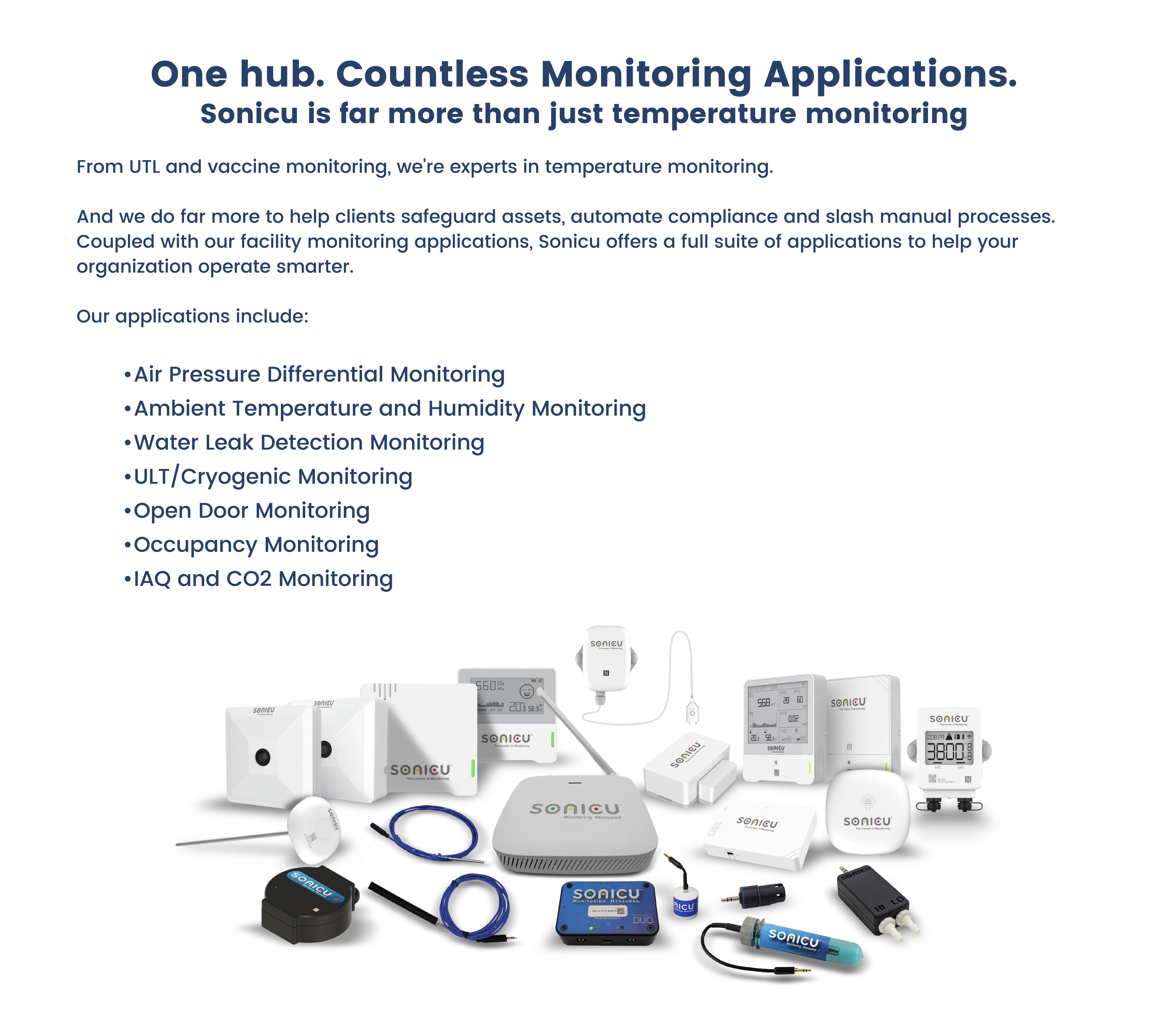
Hospital Refrigerator Temperature Monitoring
Some of the finest names in healthcare, including Indiana University Health, University of Michigan Health System, and Stanford University rely on Sonicu to provide a robust and continuous environmental monitoring system, including temperature, humidity, air pressure, and more.
These respected healthcare and research brands turn to Sonicu for four primary reasons:
- Real-Time Monitoring: the sensors collect temperature, humidity, air pressure data, and more, and transmit it wirelessly to SoniCloud - our cloud-based platform.
- Operational Efficiency: Virtually eliminate the need for tedious and costly manual logging
- Compliance Automation: Respond to any regulatory audit or inspection in a few clicks with our reports section
- Asset Protection: Detect and respond to any threshold that can threaten anything perishable: food, drugs, vaccines, research, etc.
Our customers stay with us thanks to our American-based customer support, which is never more than a phone call away. While our technology is intuitive and powerful, we know it’s only as strong as the people who stand behind it.
Before they invested in a monitoring system, Hendricks Regional Hospital used pen and paper to track the temperatures of their patient refrigerators, freezers, blanket warmers, fluid warmers, and many other important items needed in a hospital environment.
As their facilities grew and the amount of staff needed could not keep up with the growing demand, the idea of hospital refrigerator temperature monitoring by hand became less sustainable over time.
Like Hendricks, many hospitals eventually turned to technology to alleviate the burden of manually tracking data on top of the more pressing demands of the medical field.
In this article, we will go over how crucial it is for healthcare facilities to consider investing in a hospital refrigerator temperature monitoring system and relieve their overworked staff of this tedious yet important task.
Hospital Fridge Temperature Monitoring
Maintaining optimal storage conditions for pharmaceuticals, vaccines, and other temperature-sensitive medical supplies is essential for their efficacy and safety.
Improper temperature control can lead to spoilage, reduced potency, and even patient harm. According to the World Health Organization, up to 50% of vaccines may be wasted globally every year because of inadequate temperature control and monitoring in medical refrigerators.
In hospital settings, strict regulatory requirements and compliance standards mandate accurate and reliable monitoring of medical refrigerators.
Sonicu's hospital refrigerator temperature monitoring systems are designed to meet these stringent requirements.
With real-time tracking and SMART alarm features, your teams will know exactly when a hospital refrigerator temperature goes out of range.
By continuously monitoring fridge temperatures, healthcare providers can make informed clinical decisions and maintain the highest standards of patient care.
Medical Refrigerator Temperature Tracking
A proper medical refrigerator isn’t the same as a refrigerator you’d find at home. Temperature tracking is a crucial process in healthcare, pharmaceuticals, and laboratory settings to ensure the safety, efficacy, and compliance of temperature-sensitive medications, vaccines, blood, and biological samples.
Therefore, regulation standards require a medical-grade refrigerator for the safety of resources stored on site.
But how do you know if your fridge is medical grade?
Helmer—a medical-grade refrigerator manufacturer—states that medical-grade fridges recover from door openings faster, which retains the temperature inside the appliance longer. This is due to higher-quality insulation and fan-forced air circulation that may not be present in your average cold storage appliance.
The most ideal medical-grade fridge would have some sort of secure lock feature to prevent unauthorized access. A battery backup or fail-safe system would also help prevent asset loss in the event of a power outage.
Adjustable shelving can help optimize how you organize your medications, vaccines, and other temperature-sensitive stock.
Not being mindful of how you store these items can impact the airflow within the fridge, thus compromising the potency of the contents.
Unlike residential fridges, medical fridges don’t have door shelves, because the door is the warmest part of the fridge.
When in Doubt, Check the Label. If the fridge is marketed for healthcare, laboratory, or pharmaceutical use, it’s likely medical-grade.
If your fridge lacks these features, it may not be suitable for medical storage, which could impact the integrity of your temperature readings, no matter how you track your data.
The Importance of Temperature Monitoring
- Regulatory Compliance – Organizations like the CDC, FDA, and Joint Commission require strict temperature monitoring to prevent compromised products.
- Patient Safety – Medications and vaccines exposed to improper temperatures can lose potency, leading to ineffective treatments.
- Financial Protection – Loss of medical inventory due to temperature fluctuations can be costly, making tracking essential to prevent waste.
Key Features of an Effective Temperature Monitoring System
- Continuous Monitoring – Real-time data collection ensures instant alerts for any temperature deviations.
- Automated Logging – Eliminates manual tracking errors and maintains accurate historical records.
- Cloud-Based Access – Allows remote monitoring and reporting for compliance audits.
- Alert Systems – Sends notifications via email, SMS, or alarms if temperatures fall outside the safe range.
Building an Effective Temperature Monitoring System
Effective temperature monitoring systems have multiple components, aspects, and often personnel involved in their operation and maintenance.
A few key features of an effective temperature monitoring system might include:
- Continuous Monitoring – Real-time data collection ensures instant alerts for any temperature deviations.
- Automated Logging – Eliminates manual tracking errors and maintains accurate historical records.
- Cloud-Based Access – Allows remote monitoring and reporting for compliance audits.
- Alert Systems – Sends notifications via email, SMS, or alarms if temperatures fall outside the safe range
A good temperature monitoring system starts with cutting-edge devices and features, but it does not end there.
Training and experience will help inform how your organization handles monitoring, and some best practices might include:
- Using Digital or Wireless Sensors – More reliable than manual logging, ensuring accurate readings.
- Maintaining Proper Calibration – Regularly check sensors and thermometers for accuracy.
- Implementing Backup Power Solutions – Prevents temperature loss during power outages.
- Following Manufacturer Guidelines – Different medications and samples require specific storage conditions.
Healthcare Fridge Temperature Sensors
Temperature sensors in healthcare refrigeration play a critical role in ensuring that medical supplies—such as vaccines, medications, blood products, and lab samples—are stored under precise conditions. However, not all temperature sensors work the same way.
The key difference lies in whether they actually measure the temperature of the stored contents, or if they are simply reading the temperature of the air.
Both glycol-buffered sensors and regular air temperature sensors are used in healthcare refrigeration to monitor temperature, but they function differently and serve distinct purposes.
A regular Air Temperature sensor simply measures the temperature of the air inside the refrigerator.
On the other hand, a Glycol-Buffered Sensor is filled with a fluid designed to mimic the thermal properties of stored vaccines, medications, or blood samples.
The logic behind this is that if the buffered sensor is seeing a change in temperature, the change is significant enough to impact the potency of the supplies stored inside.
This is why we would heavily advise any medical facility to use Glycol-Buffered Sensors to monitor hospital refrigerator temperatures.
Glycol-buffered sensors offer a number of benefits.
Because of the additional liquid layer around the sensor, a Glycol sensor helps prevent false alarms that may cause unnecessary panic for your teams in the middle of the night or during a chaotic work day.
Regular calibration and maintenance are essential to ensure the ongoing accuracy and reliability of temperature sensors.
Sonicu's unique SNAP Calibration program streamlines this process, providing NIST-traceable calibration services that eliminate downtime and reduce administrative burdens.
The Importance of Temperature Alarms for Hospital Refrigerators
Hospitals are a busy environment. It’s easy to overlook a temperature fluctuation. That’s why installing a temperature monitoring system that includes an alarm feature is so crucial.
Not paying attention to this important part of healthcare protocols can result in negative consequences that directly impact patients and your organization’s reputation.
Many medical supplies, such as vaccines and blood products, are temperature-sensitive. Even a small deviation from the required temperature range can degrade their effectiveness or cause spoilage, potentially leading to patient harm.
Temperature alarms alert hospital staff to any temperature fluctuations, ensuring that corrective actions can be taken before products are compromised.
Sonicu offers a number of features that make monitoring and compliance easier than ever before, including:
- Real-Time Monitoring: Sonicu sensors are calibrated to meet NIST-industry standards to collect temperature data and send it directly to your company’s very own cloud database
- Asset Protection: Get alerts when a freezer is malfunctioning to protect assets like medicines, vaccines, blood, research, sperm/eggs
- Compliance Automation: Creates simple reports to satisfy local/state/federal regulations
- Operational Efficiency: After performing a time study, Hendricks Regional Hospital discovered that before Sonicu, the labor cost of "pen and paper" data tracking was equivalent to 2 FTEs! When you invest in a temperature monitoring system, your teams will have more time to devote to the patients.
Regulatory agencies such as the CDC, FDA, and WHO have strict guidelines for the storage of temperature-sensitive items.
These agencies require hospitals to monitor and maintain specific temperature ranges for medical supplies.
Temperature alarms help ensure compliance by providing real-time notifications whenever temperatures go out of range, preventing costly violations and audits.
Medications and vaccines stored improperly can lose their efficacy, directly impacting patient care. Alarms ensure that temperatures stay within the safe range, reducing the risk of administering ineffective treatments.
By providing alerts when temperatures fluctuate, alarms help hospitals avoid situations where medical supplies must be discarded due to improper storage.
Without temperature alarms, hospitals risk allowing inventory to spoil, leading to costly waste. An alert system allows staff to take immediate action, such as adjusting the temperature or relocating the products to a functioning fridge, minimizing losses.
When configuring temperature alarms, consider the following guidelines:
- Set appropriate alarm thresholds based on the specific requirements of the stored items
- Establish clear protocols for alarm response and escalation
- Regularly test and maintain alarm systems to ensure their proper functioning
- Document alarm events and response actions for compliance and quality assurance purposes
Considerations for Your Hospital Cold Storage Monitoring System
Here’s a brief overview of the main things to consider when investing in an ideal monitoring system fit for hospital refrigeration needs:
At the heart of any cold storage monitoring system are the sensors that will best suit the needs of your operation. Invest in Glycol-buffered sensors for most refrigerated and frozen items you would store in a hospital fridge or freezer.
Real-Time Data Logging saves you time and money in labor costs that would allow your healthcare workers to do the work they actually signed up for – taking care of people.
Data loggers automatically record temperature readings over time, providing a detailed history of temperature conditions in the cold storage unit.
This data is essential for audits, ensuring compliance with healthcare regulations, and tracking any temperature deviations that could compromise medical supplies.
Essentially, it’s taking advantage of the miracles of technology to make your job much easier!
Alarms and Notifications are a must-have. If temperatures deviate outside a set range (either too high or too low), the best system should be able to send alerts through emails, text messages, or audible alarms to designated staff.
This enables a quick response to resolve the issue and prevent product degradation.
Sonicu makes your temperature data easily accessible, at any place, any time.
Using mobile apps or computer dashboards, staff can check the status of cold storage units and receive immediate notifications of any temperature deviations.
This ensures that even after hours, the cold storage environment is under constant surveillance, giving everyone peace of mind, no matter the time.
Consider other Environmental Monitoring needs you may have.
Automated monitoring systems like Sonicu make it easy to integrate all your monitoring systems under one cohesive database.
It’s never been easier to record data, prepare reports, and protect your limited medical supply.
Conclusion
Effective hospital refrigerator temperature monitoring is essential for ensuring the safety and efficacy of temperature-sensitive pharmaceuticals, vaccines, and medical supplies.
By implementing robust monitoring solutions, healthcare facilities can maintain optimal storage conditions, comply with regulatory requirements, and ultimately enhance patient care.
Sonicu's comprehensive temperature monitoring systems, including the SoniShield Duo and SoniCloud platform, provide the tools and expertise needed to streamline medical refrigerator temperature monitoring processes.
From real-time tracking and alarming to cold chain monitoring and SNAP Calibration services, Sonicu offers end-to-end solutions tailored to the unique needs of healthcare institutions.
Don't let improper temperature control compromise the integrity of your valuable medical inventory.
Partner with Sonicu to implement cutting-edge pharmacy temperature monitoring systems and safeguard the health and well-being of your patients.
Discover just how simple hospital refrigerator temperature monitoring can be!
Click here to sign up for a free SoniCloud demo!
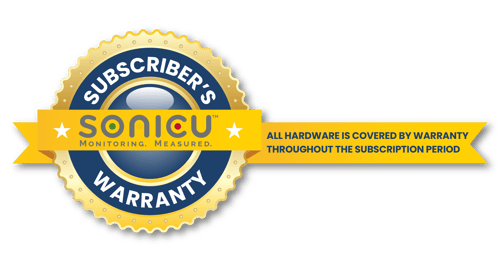
American-based Customer Support: Robust & Reliable High Touch Service
Software and technology is only as good as the people who stand behind it.
At Sonicu, that means our team of American-based customer success managers who are never more than a phone call away to help field and fix any service issues.
Our probes and sensors are placed in demanding frozen environments and our software literally sends billions bits of data monthly, meaning there’s always the potential for a hiccup on either the hardware or software.
We are committed to fielding every customer service request promptly and addressing our customer’s concerns promptly and professionally.
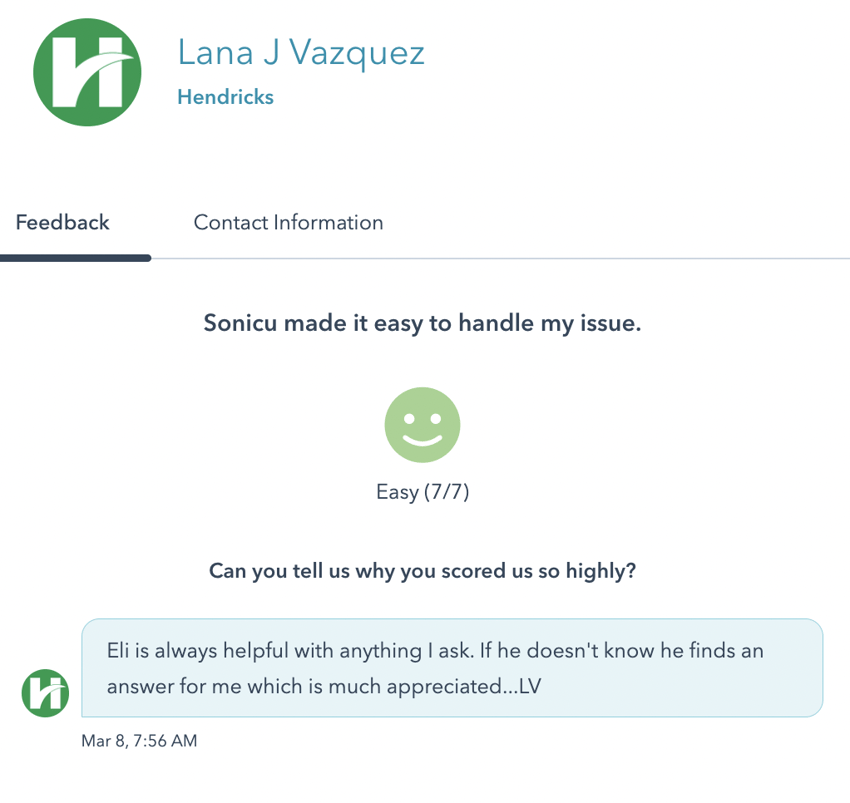
 “I like to say that every refrigerator or freezer is like a car in that they all behave a bit differently,
“I like to say that every refrigerator or freezer is like a car in that they all behave a bit differently,
and then every now and then you just get a bad boy who doesn’t want to perform as we need it to,”
Martha Rardin, Director, Nutrition and Dietetics, Hendricks Regional Hospital.
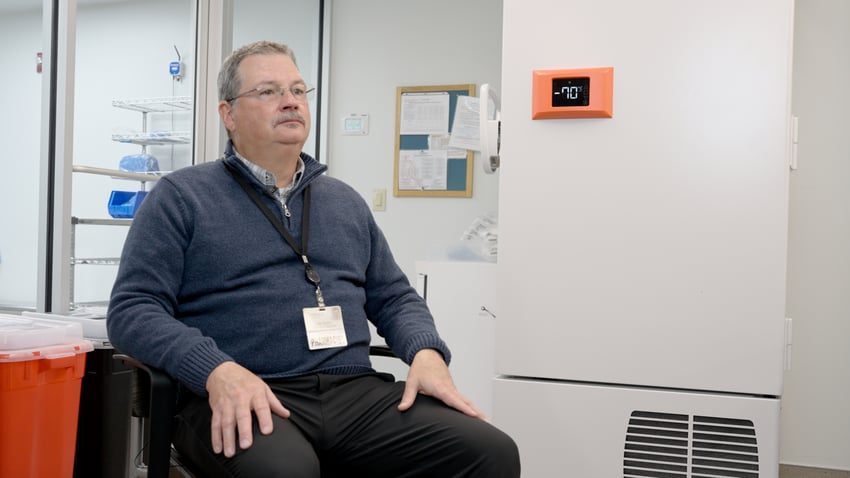 “Sonicu has been a powerful tool to identify which units are behaving out of spec and get our team
“Sonicu has been a powerful tool to identify which units are behaving out of spec and get our team
to fix them before we have a serious issue.”
Tim Livesay, Director, Hancock Regional Hospital Pharmacy Director


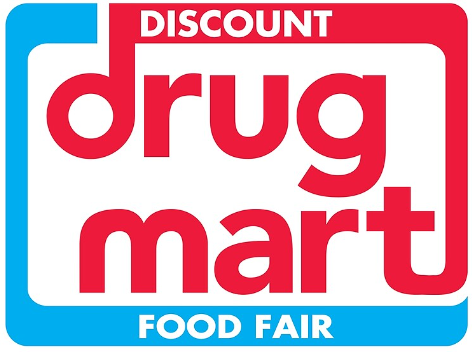
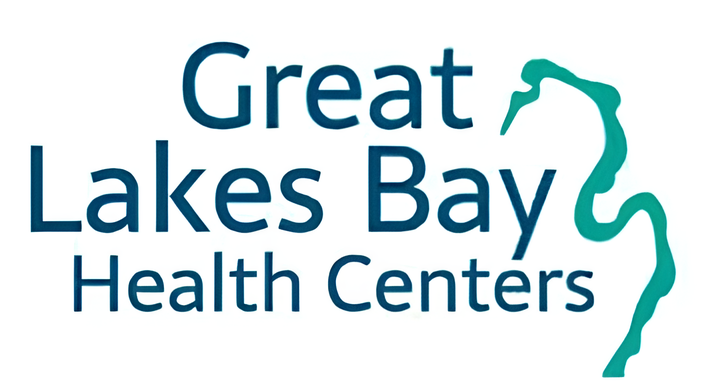

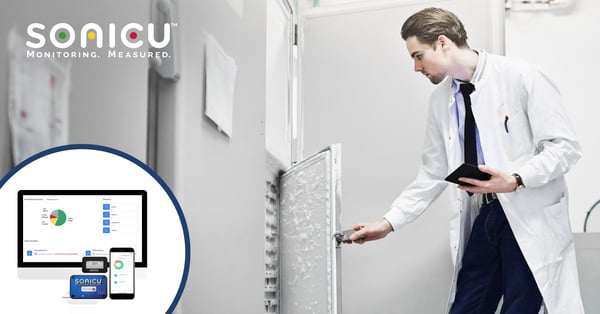
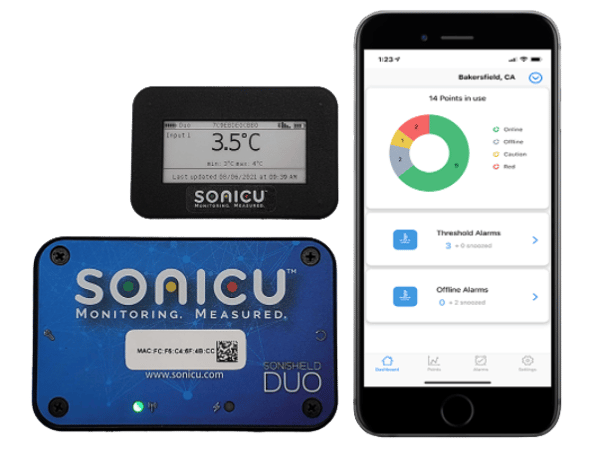


How IU Health
consolidated all of its pharmacy monitoring needs
into one cloud-based platform serving dozen of locations.